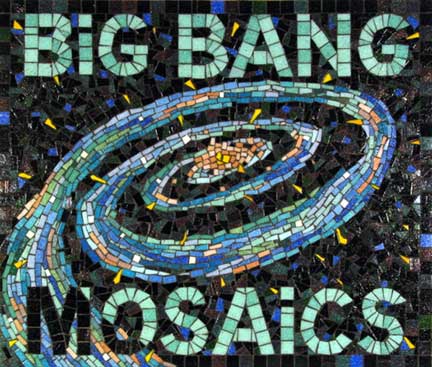
When browsing through the section regarding S DS "The Art of Biography," I thought the stressed point was to report only the facts we can verify. Only report the truth. In his scenario, he states explicitly that a biographer "must never claim knowledge that he doesn't know." But his earlier notes seem contradictory. "First find your facts./ Select your facts. (What to include, what to omit)./ Arrange your facts./ Consider missing facts. . . This leads to the vexed question of speculation. Does it have any place, and if it does, on what basis" (pg 32). His "how to write biography" checklist indicates that it is an art. He is tailoring bits of information and then perhaps altering other bits to fit the picture he wishes to make. I didn't catch that the first time around, but now that I see it, I think I understand why he fabricated some of his writings about Linneaus, Galton and Ibsen. He took the facts he gathered and assembled them into lives that seem reasonable and true. I guess he knew those men so well, or felt that he knew them so well, he could give them a new order in their lives, rearranging the tesserae in their mosaics. What I'm trying to say is that he was a liar, but a good one. It seems that his well crafted lies just reordered what we know as life. It's an art, which reveals some truth (I think) of the speaker and maybe some truth of the subject. The events seem to be in chaos, but the essence is there even though that essence is malleable. If that makes sense.
I was at Hike and Read this weekend with a bunch of freshmen, and we were talking about the Picture of Dorian Gray. "Life imitates art far more than art imitates Life." I brought that point up, and they didn't know what to think. They thought of Descartes, and that kind of made everyone's heads hurt. "Is this really a marker?" "Is that a lake?" Signifier and Signified stuff. But that made me think that if language (the spoken word) is an art, maybe the words we speak out causes the things around us to mold to that meaning. The word I say and how I say it and where I say it and to whom reorganizes the thing into something understandable.. The kids I nanny-ed for this summer loved to hear stories, but I ran out of fairy tales after a couple of weeks and turned to Greek myths and older, maybe not so appropriate stories. I started telling them about Beowulf, and I modified it for four year old ears. It wasn't the "true" story, but I like the way I re-told it. It's like a game of telephone when you pass down stories. We don't remember or we don't hear or understand all of it, so we fill in the details, reorganizing the tale into a new entity. The truth adapted to the situation. I am a liar.
I saw this video in an Origins class I took a few years ago about the world being created. This is what I thought about when Shelby read the first part of Genesis.
http://www.youtube.com/watch?v=X9lwvI45TsM
No comments:
Post a Comment